 Hello, gentle readers, and welcome to the RPG Reload, the weekly feature where we may not have the fancy licenses, but know that a giant robot is a giant robot. Each week, we take a look at an RPG from the App Store’s past to see how it holds up in the here and now. It’s a chance to revisit the classics, reflect on their place in the overall App Store library, or just to take a deeper dive than our reviews typically allow for. As the wielder of Falchion, I try to choose a balanced plate of RPGs from week to week in order to accurately reflect the diversity of the genre. If you think I’m missing something important, however, please let me know. You can do that by commenting below, posting in the Official RPG Reload Club thread in the forums, or by tweeting me at @RPGReload. The schedule is made quite far in advance, so you may not see your suggestion soon, but it will be added to the master list.
Hello, gentle readers, and welcome to the RPG Reload, the weekly feature where we may not have the fancy licenses, but know that a giant robot is a giant robot. Each week, we take a look at an RPG from the App Store’s past to see how it holds up in the here and now. It’s a chance to revisit the classics, reflect on their place in the overall App Store library, or just to take a deeper dive than our reviews typically allow for. As the wielder of Falchion, I try to choose a balanced plate of RPGs from week to week in order to accurately reflect the diversity of the genre. If you think I’m missing something important, however, please let me know. You can do that by commenting below, posting in the Official RPG Reload Club thread in the forums, or by tweeting me at @RPGReload. The schedule is made quite far in advance, so you may not see your suggestion soon, but it will be added to the master list.
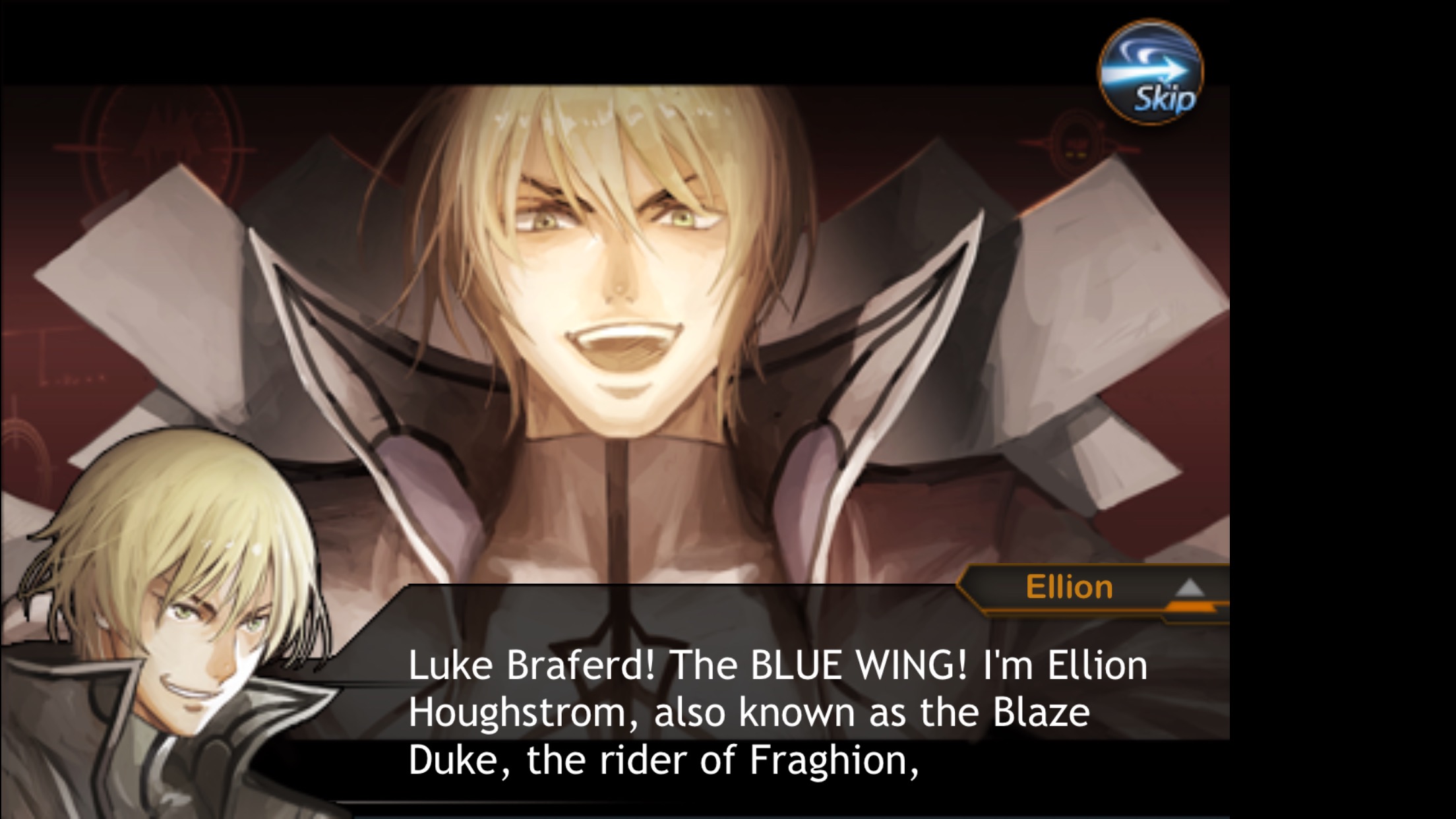
In nearly every case, the RPG Reload covers games I’ve played before. Hence the whole ‘reload’ bit. Every once in a while, however, a suggestion leads to me to something I haven’t played before. If I’m lucky, I get to play an excellent game that I somehow missed before. If not, well, it’s all a learning experience, right? Such was the case with this week’s entry, the strategy RPG The War of Eustrath ($2.99). Even though I’ve been a huge fan of Fire Emblem for ages, it was rare for me to seek out games in the genre that fell outside that series until perhaps a few years ago, when I went on a bit of a strategy RPG bender. So I suppose it’s not that surprising I missed The War of Eustrath. It came out before I had an iPhone, I wasn’t particularly inclined to look for a game like it when I finally did get one, and by the time I was searching out that type of game, it had been mostly forgotten.
Well, I’m glad I finally caught up to it. This is probably one of the most fully-featured Japanese-style strategy RPGs available on iOS. Yes, it owes a heavy debt to Super Robot Wars, which itself owes a heavy debt to Fire Emblem, but it’s remarkable just how content-rich Eustrath is. Let’s be frank here for a second: most paid strategy games coming out on iOS these days come from independent developers, and while their efforts are impressive, it’s usually not hard to spot the budget and/or staff constraints. Perhaps they cut back on animations, or rely on licensed assets, or have no story, or a small number of missions, but with the economics of the App Store being what they are, something usually has to give.
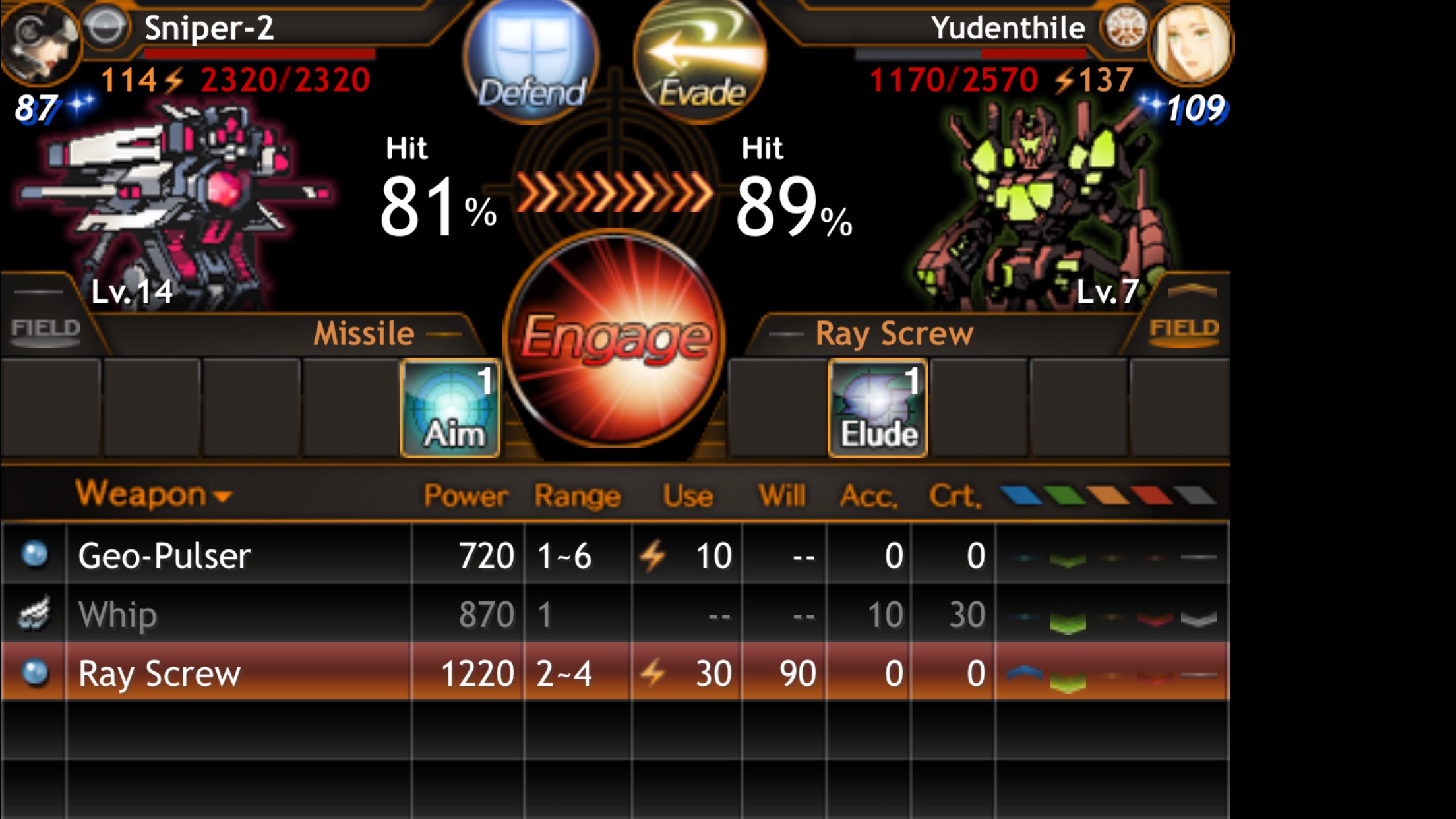
The War of Eustrath comes from a relatively small team, but it’s well-rounded and complete to the point that it wouldn’t be terribly out of place being sold on a cartridge for a handheld system. There are more than 10 different endings, tons of optional characters, several branching paths, missions with multiple outcomes, battle animations, character portraits, plenty of distinct designs, secrets, and more. The only real hint that the game isn’t a full-budgeted title from a major publisher is in the goofy English translation. I was stunned to see a game like this developed specifically for iOS, because to be honest, I don’t think the economics of the App Store really justify this kind of all-around polish on a strategy RPG from a small developer, even back in 2010 when this game was released.
It turns out, I was sort of correct. The War of Eustrath is the first release from iQubi, a Korean developer who seems to be dormant but is still technically alive. The game was released in early June of 2010 on iPad, and just under two months later on iPhone. But iQubi is not the first form of this developer, nor is Eustrath the first form of this game. To find those, we have to rewind the clock by nearly a decade. In the year 2000, a Korean developer named Team Darkland released a game called Battle of the Youstrass for Windows-compatible computers. The game seems to have made its way out into the world at large in 2001, sometimes under the name War of the Elements. The War of Eustrath is a remake of this game from a new developer formed out of the ashes of Team Darkland, which appears to have gone defunct around 2007 or so.
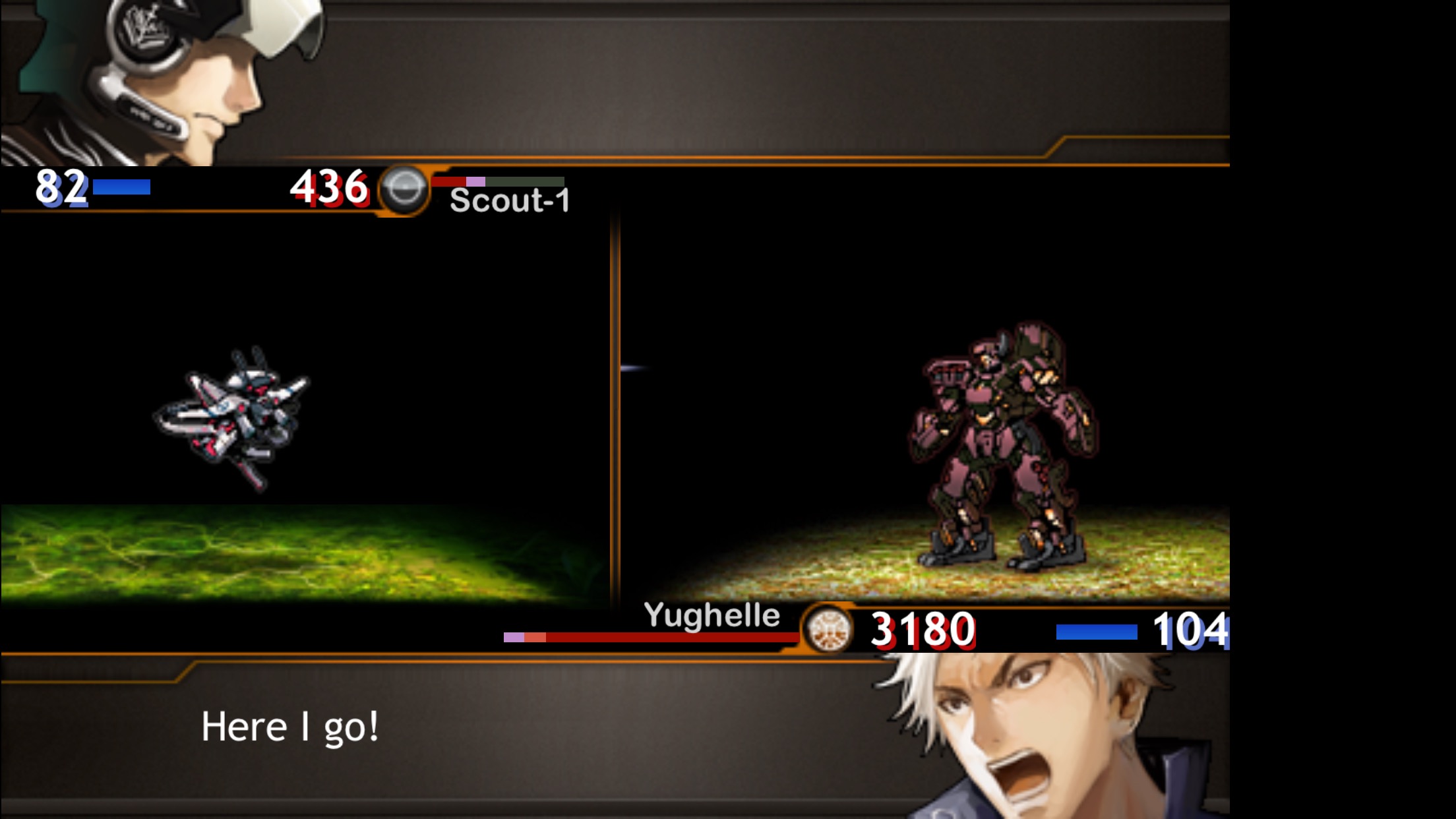
Of course, it’s far from a simple port. The artwork seems to have been completely redone, and the interface naturally needed a new approach. Many of the character and location names were slightly altered, as well. But the core storyline of Eustrath, the characters, the map designs, and the battle systems are largely unchanged from Youstrass. This explains why the game is as complete as it is, I think. Not that remaking a game is a trivial matter, but with certain elements finished and well-tested, there was likely more time to work on buffing up the overall package. Sure, the translation is a bit dodgy, and the difficulty balancing is, well, not very balanced at all, but if you’re looking for an uncompromising strategy RPG experience on iOS, this is one of the best choices around.
The War of Eustrath tells a pretty typical story about warring provinces, with the usual mid-game twist that presents a greater threat. The characters are all one-note, but it’s hard to hold that against the game given that even Fire Emblem in 2016 relies on that sort of thing. It’s a shame the translation isn’t better. While there’s a lot of comedy, intentional or otherwise, the dramatic moments tend to hit with with a dull thud thanks to the dry, overly literal text. It’s interesting enough to keep your attention, albeit barely at times, but it could have been a lot more. Still, it’s impressive just how complex the whole story is in how it unfolds. There are several points in the game where the story branches, offering you a choice of which way to go. Depending on how you choose, you’ll have the opportunity to meet and recruit different characters. Your choices will also result in different numbers of battles, and different items to collect. Who joins your party and whether or not they survive the main plot is one of the major points to play into the multiple endings.
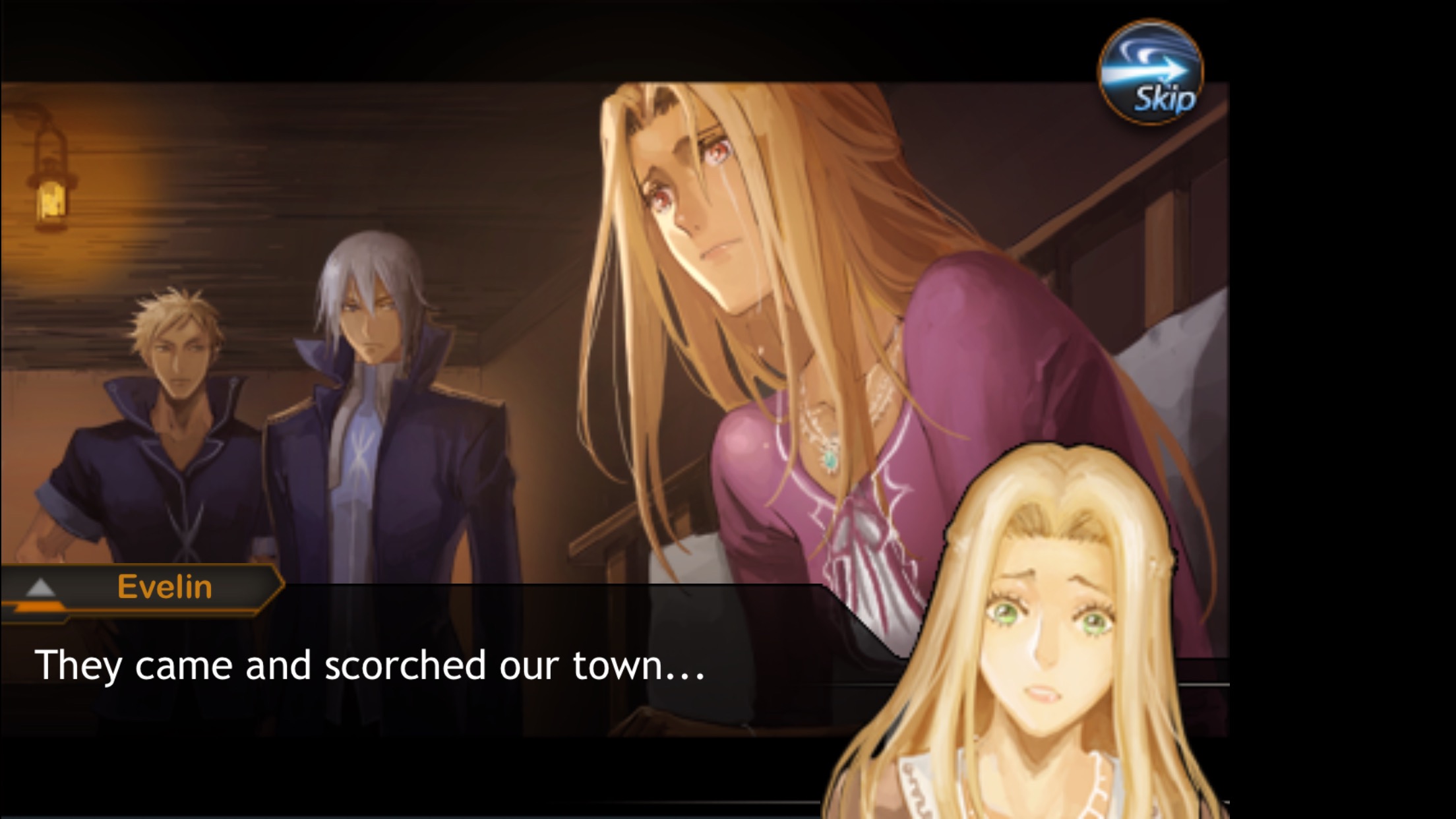
While Eustrath drops the ball here and there (the game seems to forget whether or not you saved Tia’s village in the first mission after a while and simply assumes it has been destroyed), allowing the player this much input and creating endings for over a dozen possibilities was undoubtedly a lot of extra work for the development team. It pays off for the player, however, as there are ample reasons to replay The War of Eustrath. Maybe you want to see what the other characters are like. Maybe you want to follow another branch of the story. Or perhaps you just want to experience every battle and every map. You can’t do everything in Eustrath in one playthrough, not even half. The game allows you multiple save files at least, so if you use them judiciously you can cut down on how many times you have to play from scratch. But with outcomes that sometimes depend on your battle prowess, even replaying the same missions you’ve already done can yield novel results.
All of this only works if the core strategic gameplay is enjoyable, however. Fortunately, Eustrath took notes from a good source. Bandai Namco’s long-running Super Robot Wars, a series of strategy RPGs that originated on the Game Boy of all places, is probably most famous for its licensed mash-ups and elaborate attack animations. But you don’t get a series that spans 25+ years, multiple consoles, and dozens of installments without solid gameplay backing it. Fans of the series certainly love seeing robots from their favorite anime series clashing against each other with gorgeous attacks, but it’s the compelling gameplay that keeps people coming back. Eustrath follows Super Robot Wars almost to a tee, right down to its quirks. The attack animations aren’t even in the same ballpark, and you don’t get to see Gundam machines battling EVAs, but the basic gameplay is similar enough to evoke the feeling of Bandai’s beloved franchise, and that counts for a lot.
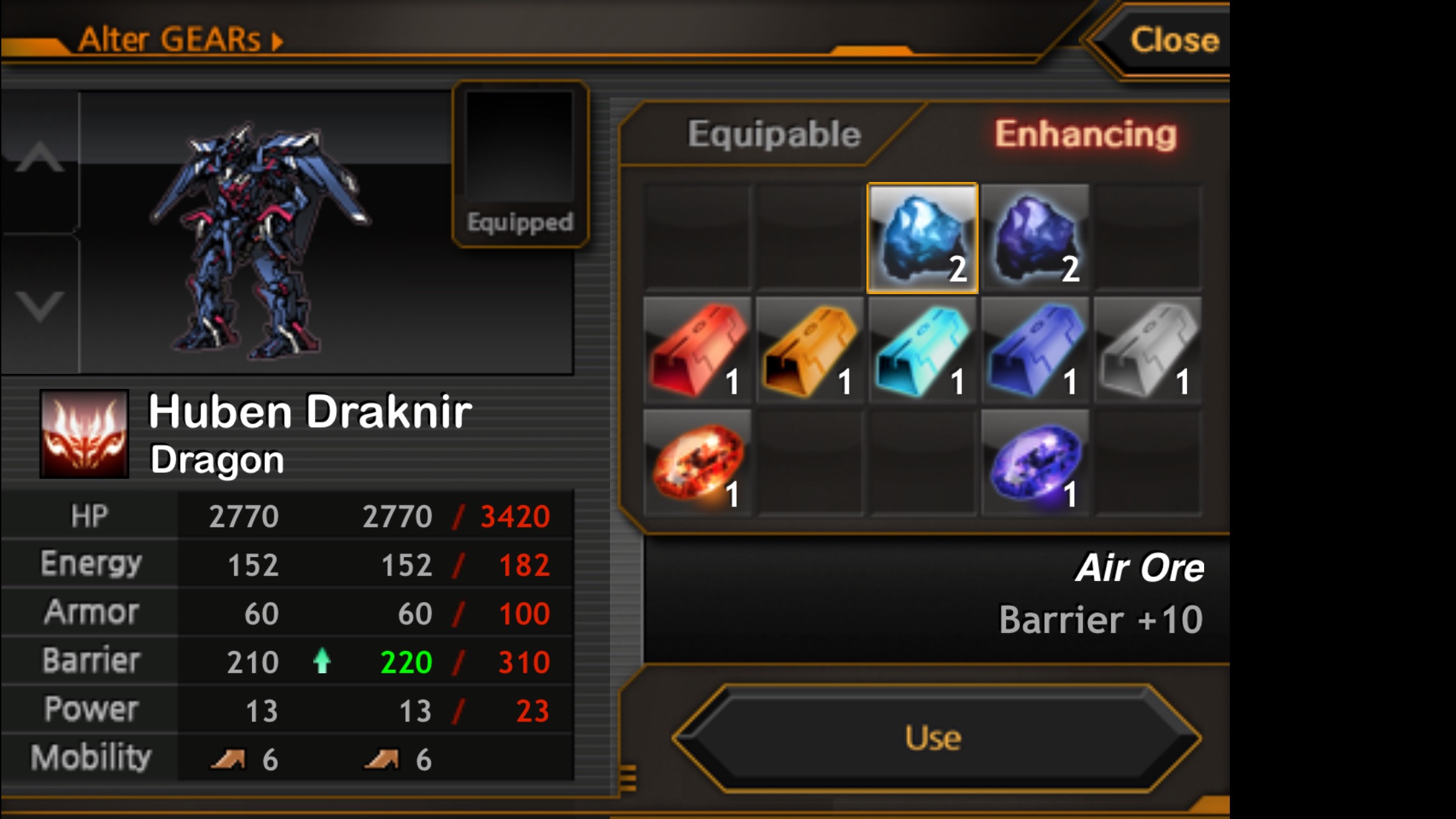
Of course, since Super Robot Wars has licensing issues which have blocked most international releases, it’s highly likely most English players have little to no experience with its gameplay, so comparing Eustrath to it might not be very helpful. Broadly speaking, it’s a variation on Nintendo’s Fire Emblem. Instead of guiding sword-bearing warriors, magicians, and archers in battle, in Eustrath you are taking control of various mechas. Each of them has their own selection of attacks, though your access to those attacks is limited by your character’s current energy and will. Your best attacks require a lot of will, so keeping that stat up is a key component of winning battles. But how do you raise it? Well, it’s different for every character, and that’s one of the fun things about this gameplay system. The brash Sarah gets a will boost from dodging attacks, while the gentle healer Evelin loses will whenever someone is hurt. You have to learn the specifics of each character’s personality in order to maximize will and give yourself an advantage.
Balancing attacks so as not to drain any one particular resource makes for interesting options when going on the offensive, but even on defense, you have to make some interesting choices. When an enemy attacks, you can choose to counter-attack, evade, or block. Counter-attacking leaves you most open but has a chance of giving as good as you get. Evading makes you harder to hit, but if the enemy’s attack lands, you’ll take full damage with no retaliation. If you choose to block, you won’t do any damage in return, and you’ll likely take a hit, but the damage dealt will be significantly reduced. All three options have their uses in particular contexts, and you’ll naturally want to consider the character’s stats and personality as well. Sarah’s defense stat is awful by default, but she’s speedy and gains will from dodging, so it almost always makes sense to evade if something is trying to attack her. Harvein’s slow speed and rock-solid defense makes counter-attacking a wise choice most of the time, and any character who gets surrounded or cut off from the team would do well to block until help can arrive.
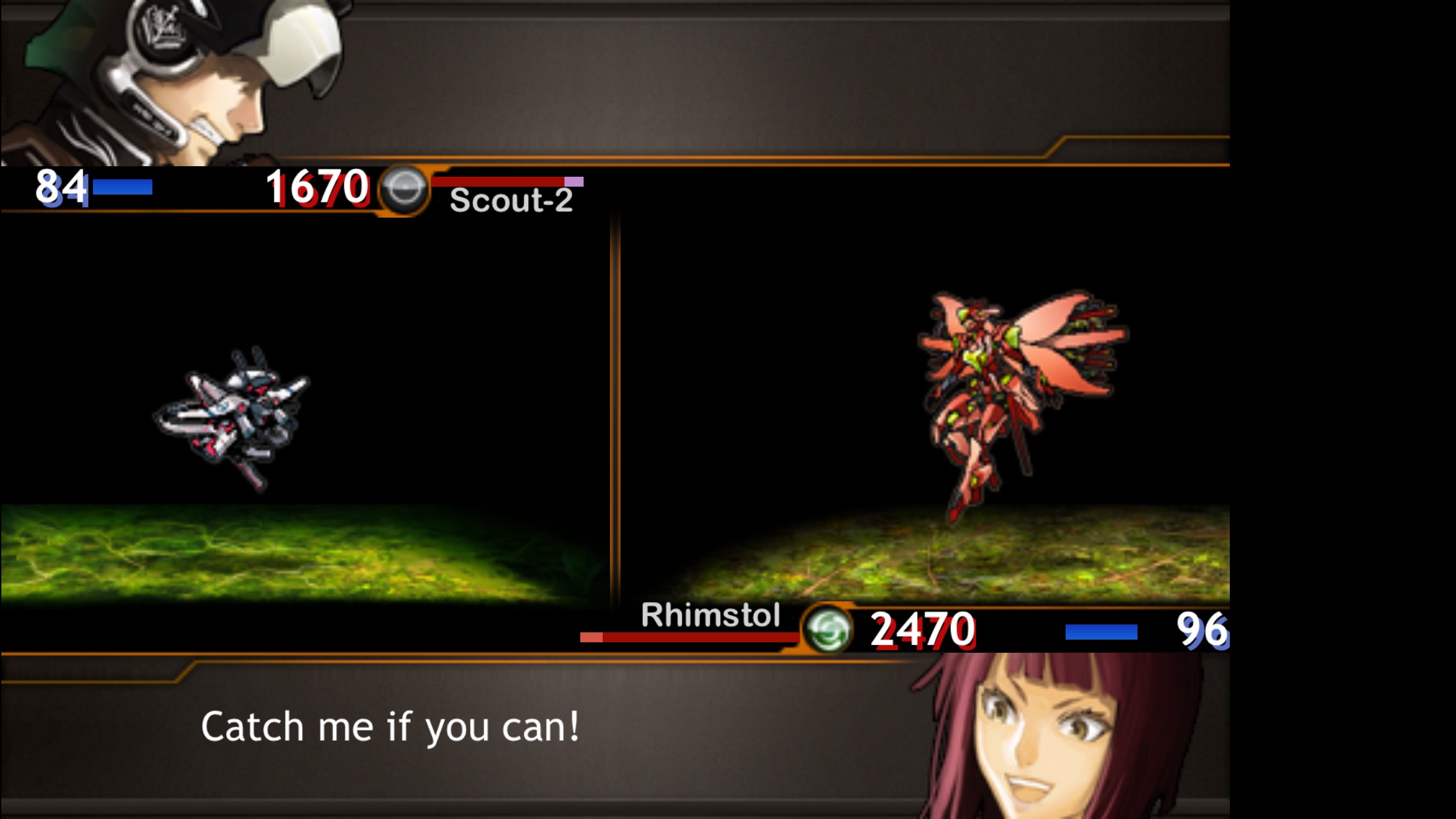
Between battles, you’ll usually get a little cut-scene that advances the story. Some of these scenes have specially-created art, which is quite nice. You’ll also have the opportunity to upgrade your characters using any items you’ve found. Some of these items are permanent stat upgrades while others can be equipped or unequipped at leisure. Each character has caps on their stats, so you won’t be creating a team of almighty mechas no matter how long you play. It also means that some maps are going to be a challenge even with a maxed-out team. There are a few missions that are almost hair-pullingly difficult, and one of them is somewhat early on. It’s a bit of a shock after the game lets you sashay your way through the first several stages, but if nothing else, it’s a useful wake-up call. There are harder missions down the road, so you’d better get your strategies sorted out earlier rather than later. This means using each character with their strengths and weaknesses in mind, taking full advantage of terrain, and being very careful about who you put and where you leave them at the end of a turn.
For a six-year-old app that hasn’t been updated in more than three years, The War of Eustrath holds up quite well. When it came out, its demands on system RAM made it quite crash-prone on contemporary devices, but time has certainly healed that wound. Now, the biggest problems are its somewhat low-res sprites and a few display quirks on iPhones with larger screens. Nothing is inaccessible, fortunately, but the mid-battle screens and cut-scenes are occasionally off-center. The iPad version doesn’t suffer from these problems, naturally. It still looks quite sharp and obviously fits the screen it was designed for. I suppose the very presence of an iPad version is a testament to the game’s age and lack of updates, however. With no iCloud save support, the versions truly stand separate from one another. The last time Eustrath broke, back when iOS 7 hit, the developer jumped in with a fix. However, there hasn’t been a peep from iQubi since early 2014, so there’s no guarantee they’ll be able to patch Eustrath the next time something breaks.
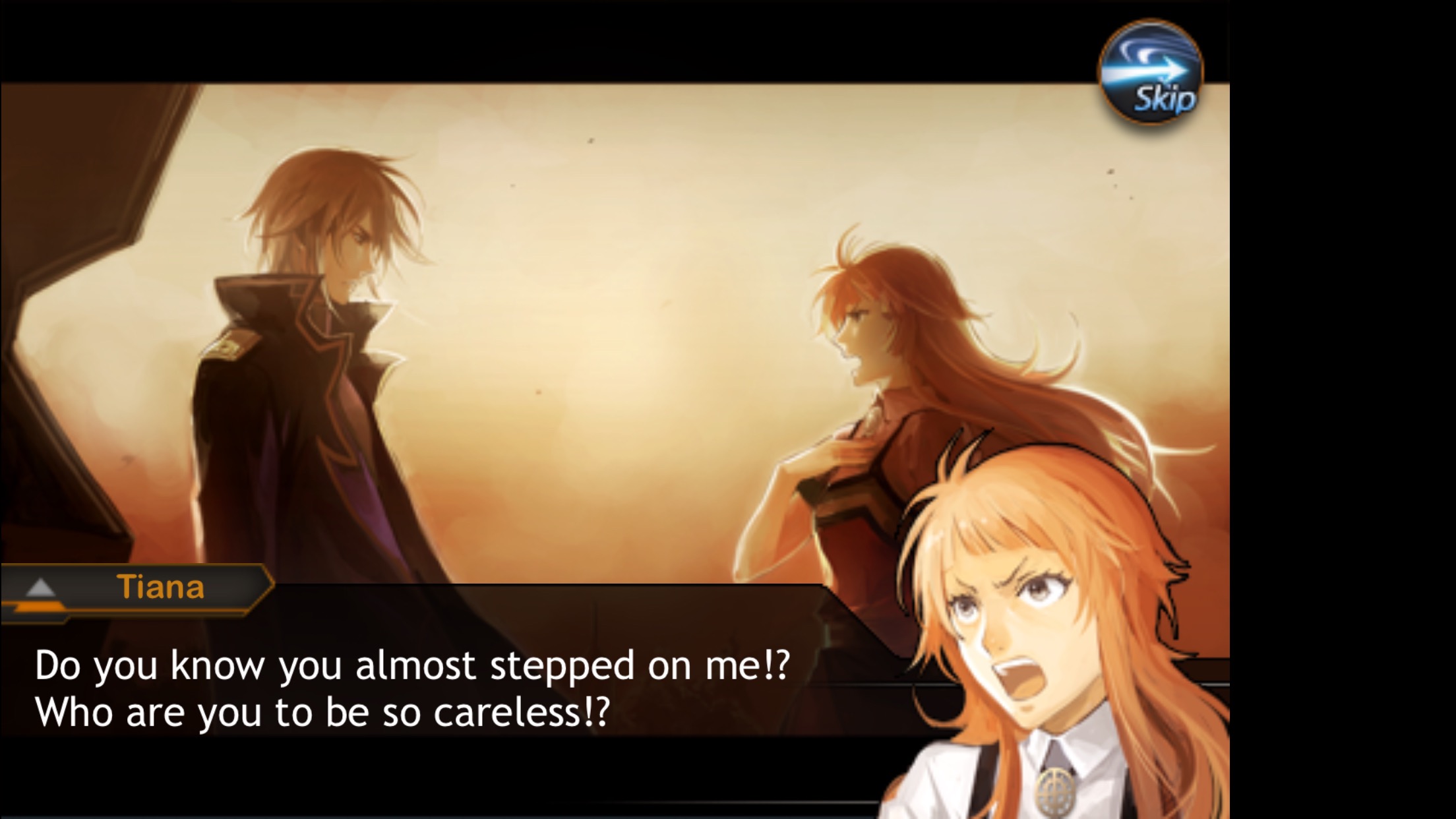
The War of Eustrath is a strong effort, even if it does clip its mechanics from another series. For the price it goes for, it’s an absolute steal, in my opinion. Bandai Namco is unlikely to release a standard Super Robot Wars game on iOS, and even if they did, the odds of it getting an English release are extremely narrow. Eustrath is as good as you’re going to get, in all likelihood. But as consolation prizes go, this certainly isn’t a hard one to swallow. It cuts surprisingly few corners in its homage, and makes an honest effort to create its own world, characters, and plot. The multiple paths and endings give it higher than average replay value, ensuring that you can spend tens of hours playing and still enjoy the game. If you’re a strategy RPG fan and this isn’t in your library, you should dig into it post-haste. Let’s cross our fingers that a future iOS update doesn’t break it or Apple doesn’t decide to sweep it for being “abandoned".
That’s just my take on The War of Eustrath, though. What do you all think? You can let me know by commenting below, posting in the Official RPG Reload Club thread, or by tweeting me at @RPGReload. I’ll also send out a reminder that we are always taking questions for the RPG Reload Podcast. The War of Eustrath will be our featured game this month, so if you have any questions about it or any other RPG-related topic, send us a note at [email protected]. We’d love to hear from you! As for me, I’ll be back next week with a Classic Reload. Thanks for reading!
Next Week’s Classic Reload: Waking Mars (Free)